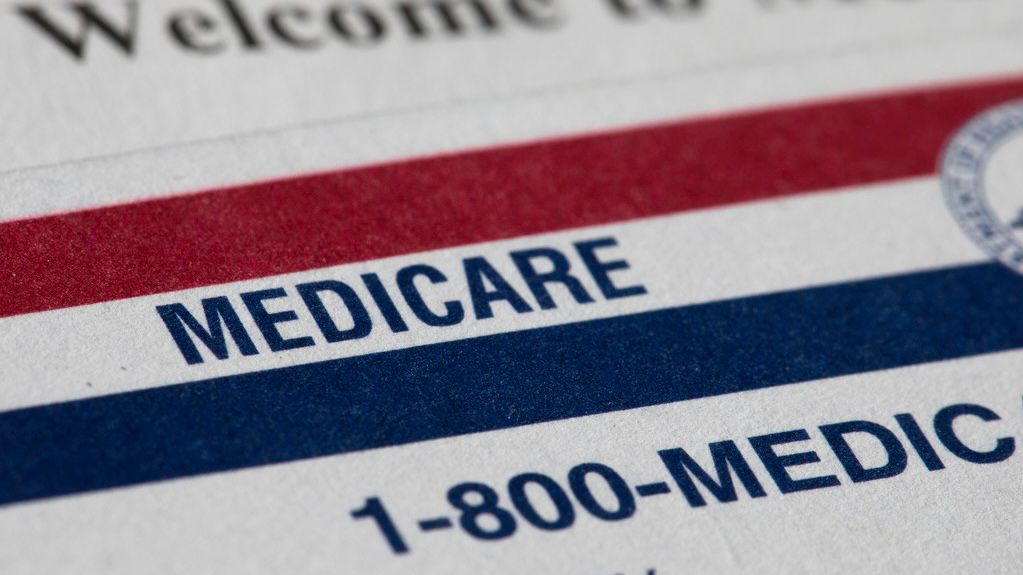With health care expected to be a talking point during Tuesday’s vice-presidential debate, the Biden-Harris administration announced Monday it has negotiated reduced prices for 54 prescription drugs. Taken by more than 822,000 seniors, the drugs are the latest to get price cuts through the Medicare Rebate Program.
“For too long, millions of Americans have faced the impossible choice of paying for their prescription drugs or being able to afford their basic needs,” President Joe Biden said in a statement. “While Big Pharma made record profits, Americans footed the bill for the industry’s price hikes. Not anymore.”
From Tuesday through the end of the year, coinsurance costs for prescription drugs used to treat conditions including cancer, osteoporosis and pneumonia through Medicare’s Part B program will be reduced to comply with a provision of the Inflation Reduction Act. Part B helps patients pay for medically necessary services and preventative procedures, including lab tests and screenings.
The announcement comes one month after the U.S. Department of Health and Human Services announced new negotiated prices for 10 Medicare drugs, including Eliquis (to prevent and treat blood clots), Januvia (for diabetes) and Entresto (for heart failure), and nine months after the Biden-Harris administration capped monthly insulin costs at $35 for Medicare recipients.
The price reductions are the result of a provision in the 2022 Inflation Reduction Act that penalizes companies for outpacing inflation with their drug pricing. Last December, the U.S. Department of Health and Human Services said dozens of drug companies that had raised prices at a higher rate than inflation needed to pay rebates to Medicare.
Over the last three months of 2023, the Biden-Harris administration said 48 Medicare Part B drugs raised prices faster than inflation. Another 16 medications did so every quarter of last year.
In 2023, HHS’ Administration for Strategic Preparedness and Response made fair pricing a standard part of its contract negotiations for medical products that the government helped to develop or had purchased. Several of the drugs the Biden-Harris administration has targeted for Medicare price negotiations this year received at least one form of federal support that helped bring the drug to market.
In 2025, Medicare beneficiaries’ prescription drug costs will be capped at $2,000.



